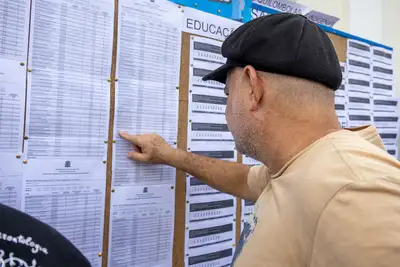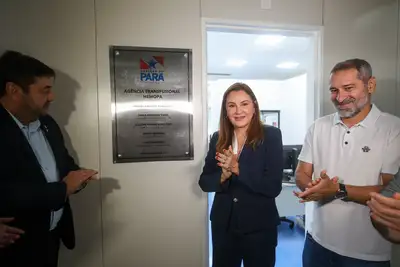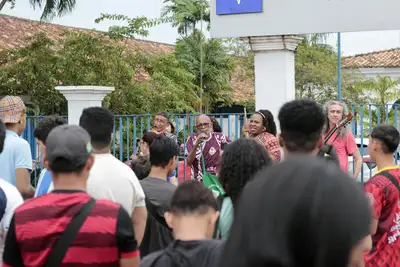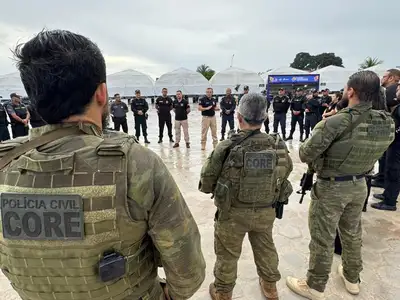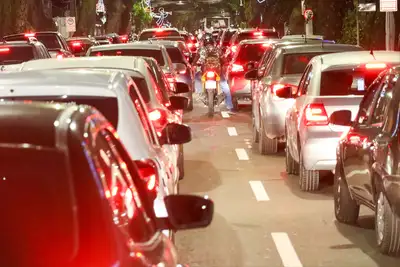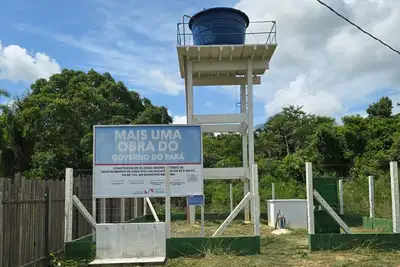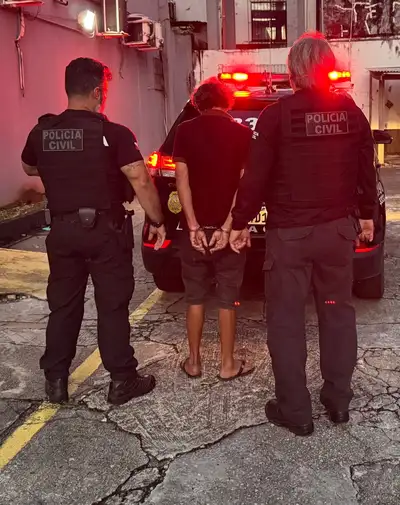Reception at the ParáPaz Foundation Transforms the Lives of Women Victims of Violence
The institution's work helps victims regain self-esteem and achieve financial independence
A., a 45-year-old educator, lived for 13 years in a relationship that she tried to save for a long time due to her emotional and financial dependence on her ex-partner. It was years of attempts, renunciations, and silence until she realized she was yet another victim of domestic violence. “Now I can talk about it,” she reports, two years after the separation.
When the violence began to affect her daughter, who witnessed the assaults, she understood that she needed help. Even feeling fear and guilt, she went to the police station to file a report and was referred to the ParáPaz Foundation unit, ParáPaz Mulher, in Belém, which specializes in welcoming women in situations of domestic violence, where she began psychological support.
“When I decided to leave home because I could no longer endure so much suffering, the aggressor said he would claim abandonment of the home, but even so, I sought help and was very well received by the professionals and, especially, by my psychologist. It was with her that I began to understand everything I had lived through and how much I needed help. If I had sought help earlier, I would have avoided a lot of suffering,” she said.
A. reports that she has just started a new job and continues to face financial difficulties, but feels stronger and more confident to rebuild her life. “The work done by the ParáPaz Foundation is extremely important for us women who suffer or have suffered domestic violence. It helped me regain my self-esteem, to see myself as a woman who deserves respect, and to not depend on others to be happy,” she stated.
Reception and Empowerment - The ParáPaz Foundation has specialized units in Belém, Ananindeua, in the Icoaraci district, and in Marituba. In the interior of the State, it has units in ten municipalities: Altamira, Bragança, Breves, Marabá, Paragominas, Vigia, Santa Maria, Santarém, Tucuruí, and Parauapebas, where they receive free psychological support.
According to Bruna Castelo Branco, a social worker and coordinator of ParáPaz Mulher in Belém, the most common types of violence reported are psychological, followed by moral violence.
“There are numerous factors that prevent them from reporting or continuing in the relationship, and the most evident are financial and emotional dependence. Therefore, all women need to be guided to identify the first signs of an abusive relationship,” she explains.
The agency also promotes various activities in its units, such as meetings, workshops, courses, and referrals to the service network, in addition to building personal and emotional safety plans. “Our goal is to empower these women. We work on self-esteem, self-love, financial autonomy, and also focus on prevention, with campaigns, educational blitzes, and lectures in schools and companies,” said Bruna.







